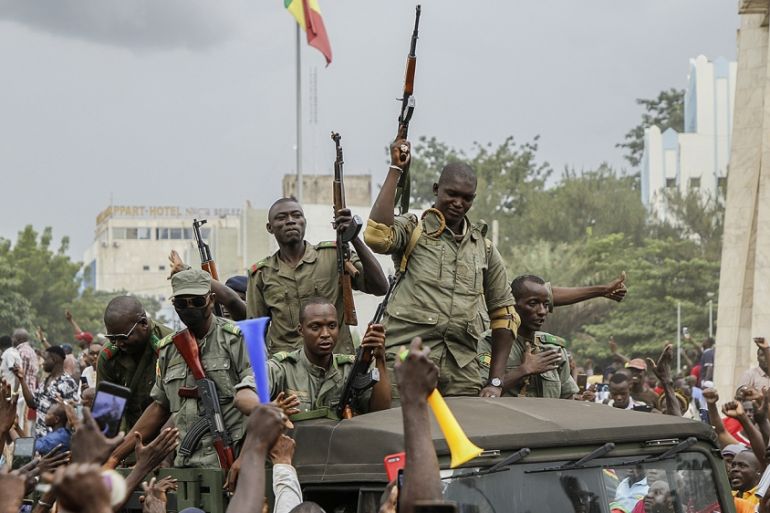Mali's Democratic Crisis: A Nation at a Crossroads
In May 2025, Mali finds itself engulfed in a profound political crisis, as the military-led government intensifies its grip on power, prompting widespread domestic unrest and international concern.
Background: A Fragile Transition
Following coups in 2020 and 2021, Colonel Assimi Goïta assumed leadership in Mali, pledging a return to civilian rule. However, the transition has been marred by delays and increasing authoritarian measures. On April 30, 2025, a national conference organized by the military junta recommended extending Goïta's presidency until 2030 and dissolving all political parties. This move was formalized on May 13, 2025, when the transitional government officially dissolved all political parties and organizations, banning any related activities.
Public Outcry and Protests
The government's actions have sparked significant public backlash. On May 3, 2025, thousands of Malians took to the streets of Bamako in one of the largest pro-democracy demonstrations in years, demanding a return to civilian rule and the reinstatement of political freedoms. Despite the government's ban on political activities, opposition groups have vowed to continue their resistance, planning further protests and legal challenges against the junta's decisions.
Crackdown on Opposition and Media
In response to the growing dissent, the military government has intensified its crackdown on opposition figures and independent media. Several opposition leaders have been arrested or have disappeared under suspicious circumstances. Notably, on May 8, 2025, opposition politicians Abba Alhassane and El Bachir Thiam were reportedly abducted by individuals believed to be connected to the security forces.
Additionally, the government has targeted media outlets critical of its actions. On May 14, 2025, Mali's media regulatory body banned the French television channel TV5Monde, accusing it of making "defamatory remarks" regarding a recent pro-democracy demonstration.
International Reactions
The international community has expressed deep concern over Mali's deteriorating political situation. Human rights organizations, including Amnesty International and Human Rights Watch, have condemned the government's actions as a blatant violation of fundamental rights and freedoms. The United Nations has also weighed in, with experts warning that the suspension of political activities constitutes a direct violation of basic human rights.
Looking Ahead
Mali stands at a critical juncture. The military government's consolidation of power and suppression of dissent threatens to derail the country's path toward democracy. As opposition groups and civil society continue to push back, the coming weeks will be pivotal in determining whether Mali can reclaim its democratic trajectory or slide further into authoritarianism.
Note: This article is based on information available as of May 17, 2025. For the latest developments, please refer to reputable news sources.
🙏 Thank You for Visiting!
Dear Reader,
Thank you so much for taking the time to visit my blog. Your presence here means a lot to me!
Whether you came here for information, entertainment, or inspiration — I hope you found something valuable. Every view, comment, and share encourages me to keep creating better content for you.
If you enjoyed what you read, don’t forget to:
💬 Leave a comment with your thoughts
🔁 Share the post with friends or on social media
📩 Subscribe for updates
Your support helps this blog grow — and I’m truly grateful for it.
Stay connected. Stay inspired.
Warm regards,
WORLD WATCH DAILY


